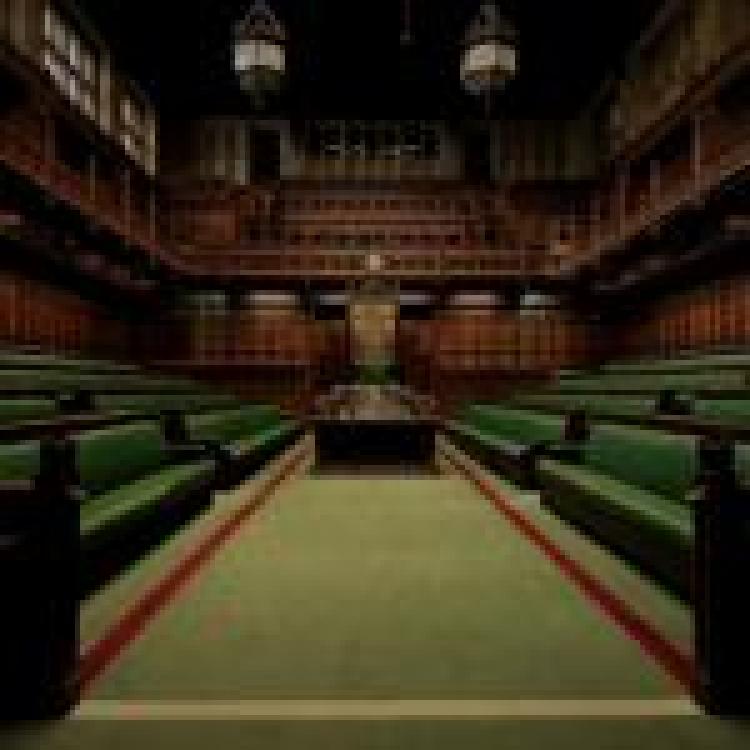The United Nations Human Rights Council has scheduled to vote on a resolution on accountability for mass atrocities in Sri Lanka on Monday 22 March.
The vote, which will be keenly watched by those on the island and abroad, will be on a resolution which calls on the Office of the High Commissioner for Human Rights to "collect... consolidate, analyse and preserve” evidence that could be used in future war crimes trials.
The resolution marks the first time that Sri Lanka's marginalisation of Tamils and Muslims and restrictions on memorialisation are being recognised in the operative paragraphs of a UN resolution, which also highlights the surveillance and harassment of human rights defenders.
However, the resolution has been accused of falling short by Tamils around the world and fails to implement UN High Commissioner Michelle Bachelet's recommendations, which call on member states to consider asset freezes and travel bans on Sri Lankan officials credibly accused of human rights abuses and to consider “steps towards the referral of the situation in Sri Lanka to the International Criminal Court (ICC)."
Yesterday, following widespread criticism of the proposed UN resolution, which is seen to fall short on accountability, the British parliament held a debate on the country's commitments to Sri Lanka on issues of “reconciliation, accountability and human rights”.
Senior British officials, including the UK Shadow Minister for Asia and leader of the Liberal Democrats, have expressed their concerns over the proposed resolution, calling for a “comprehensively rewrite” and stating that it “completely fails to rise to the challenge”.



